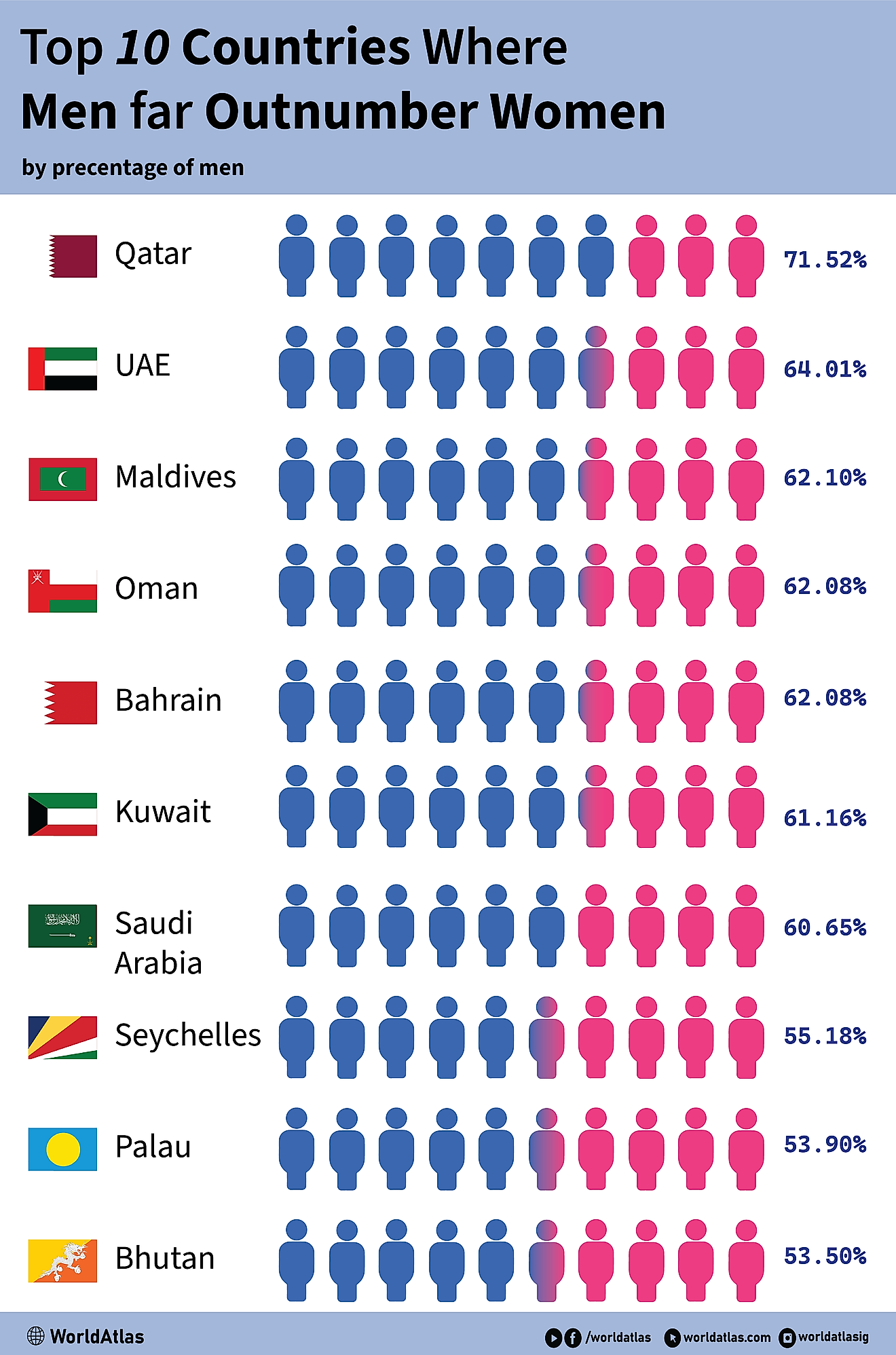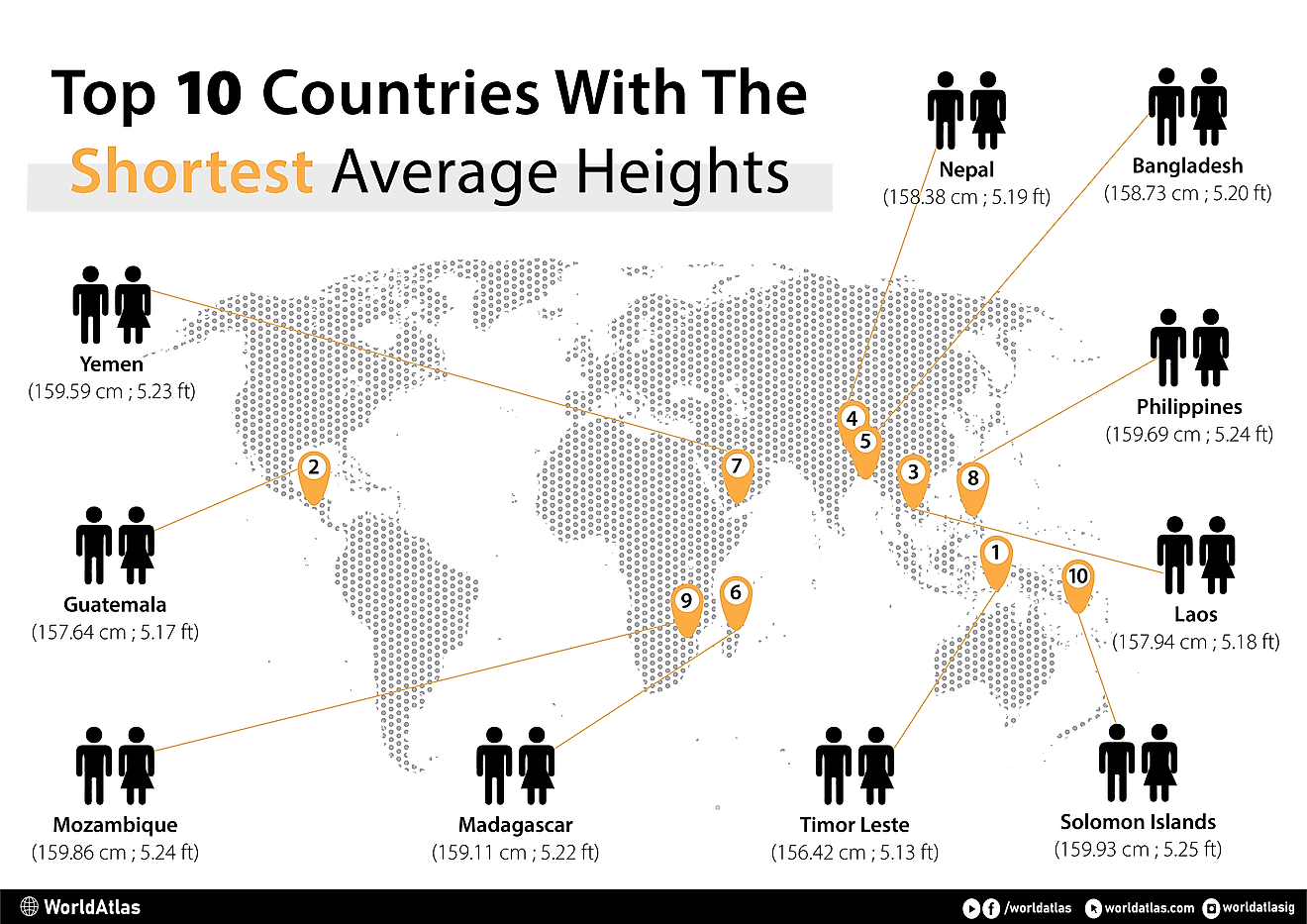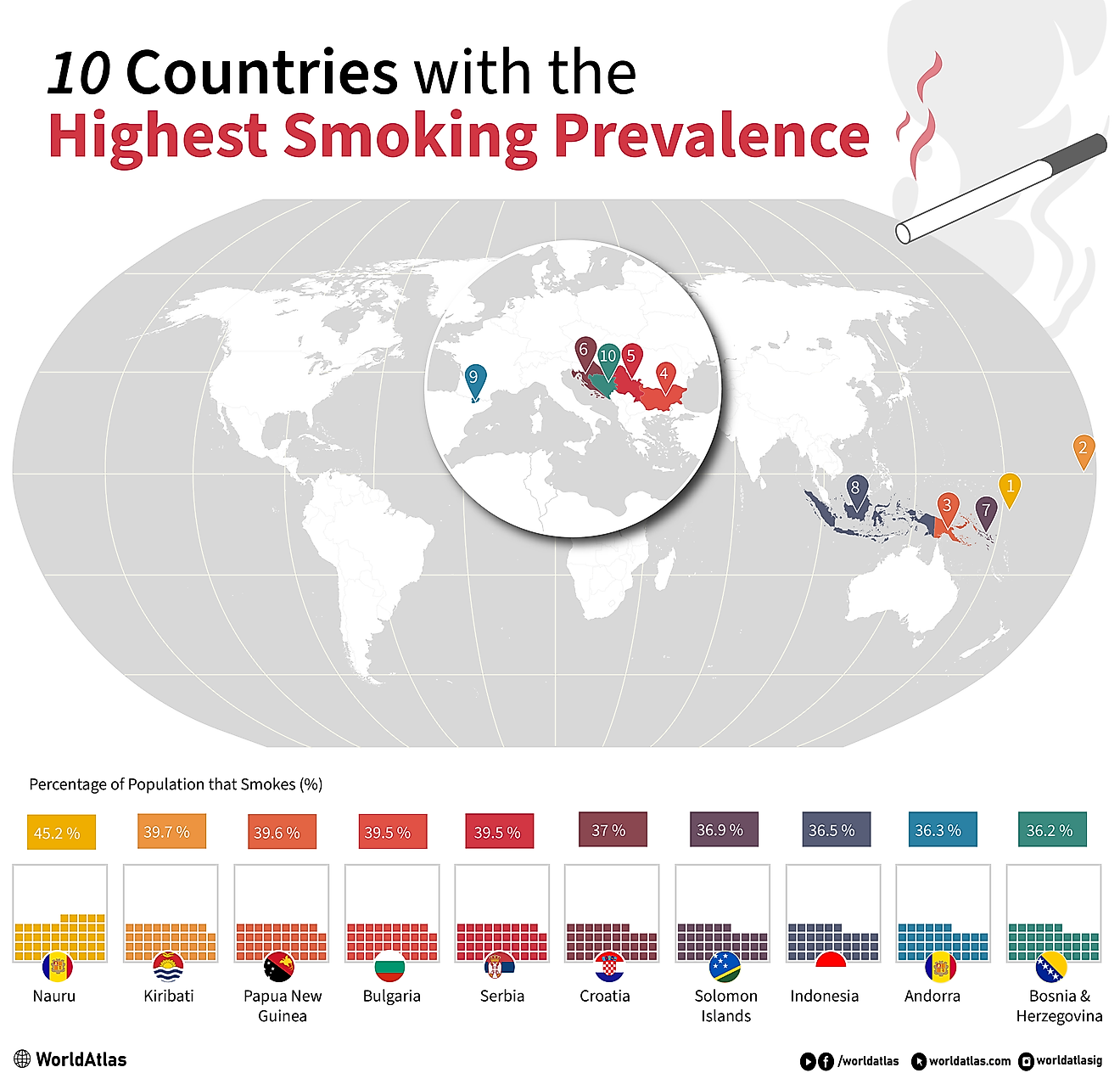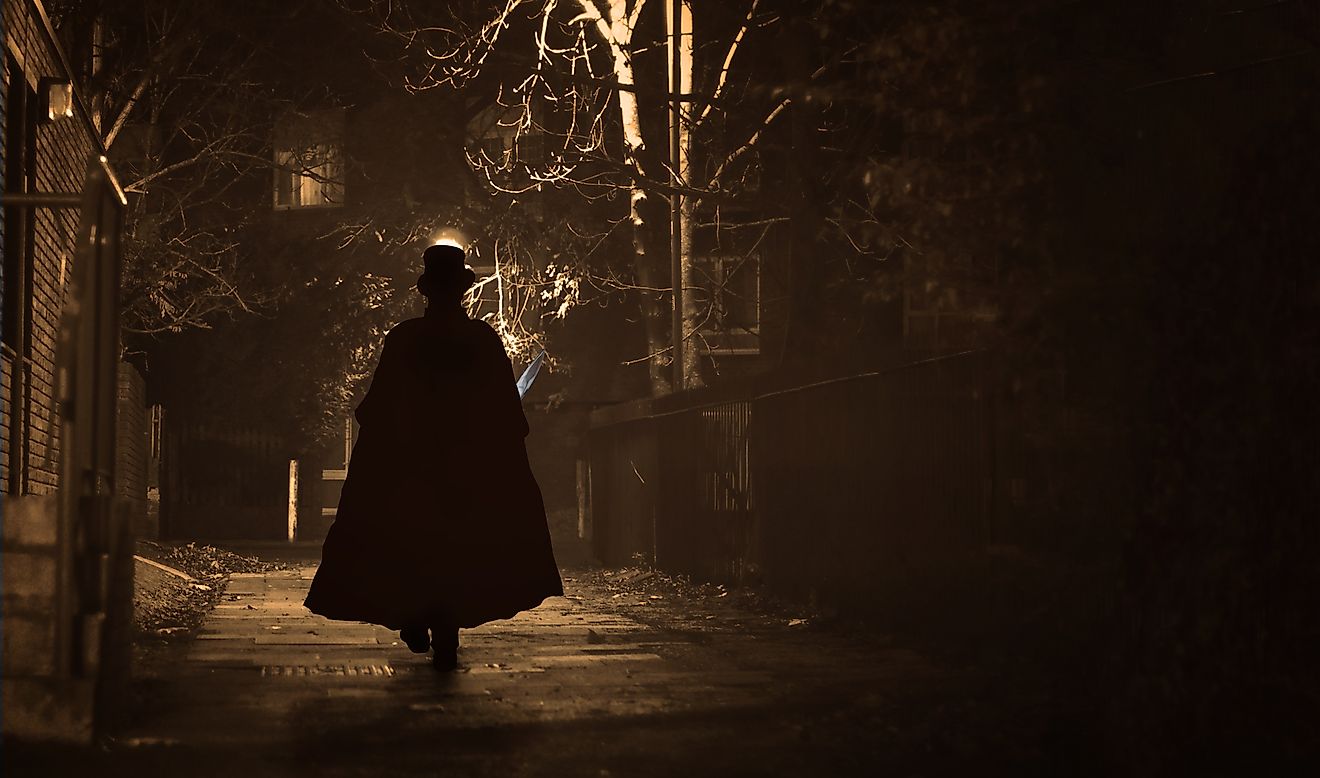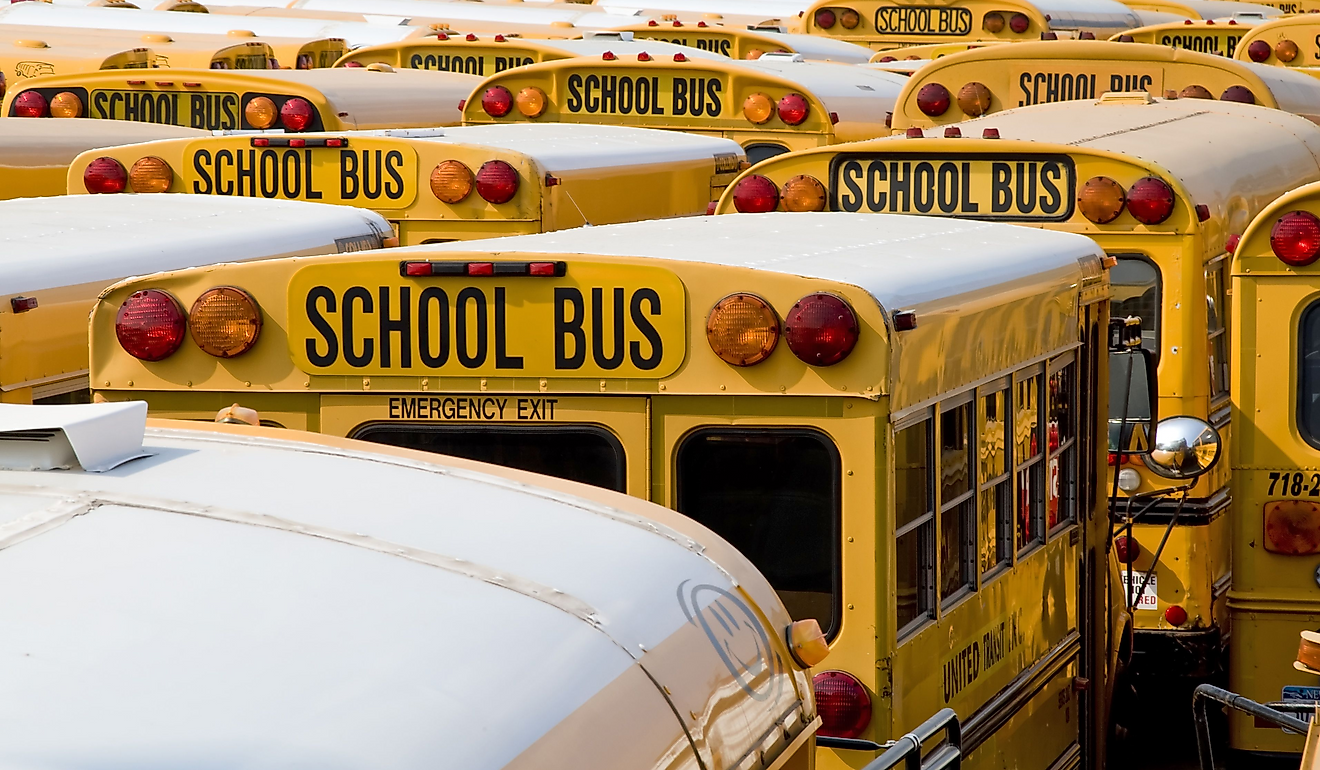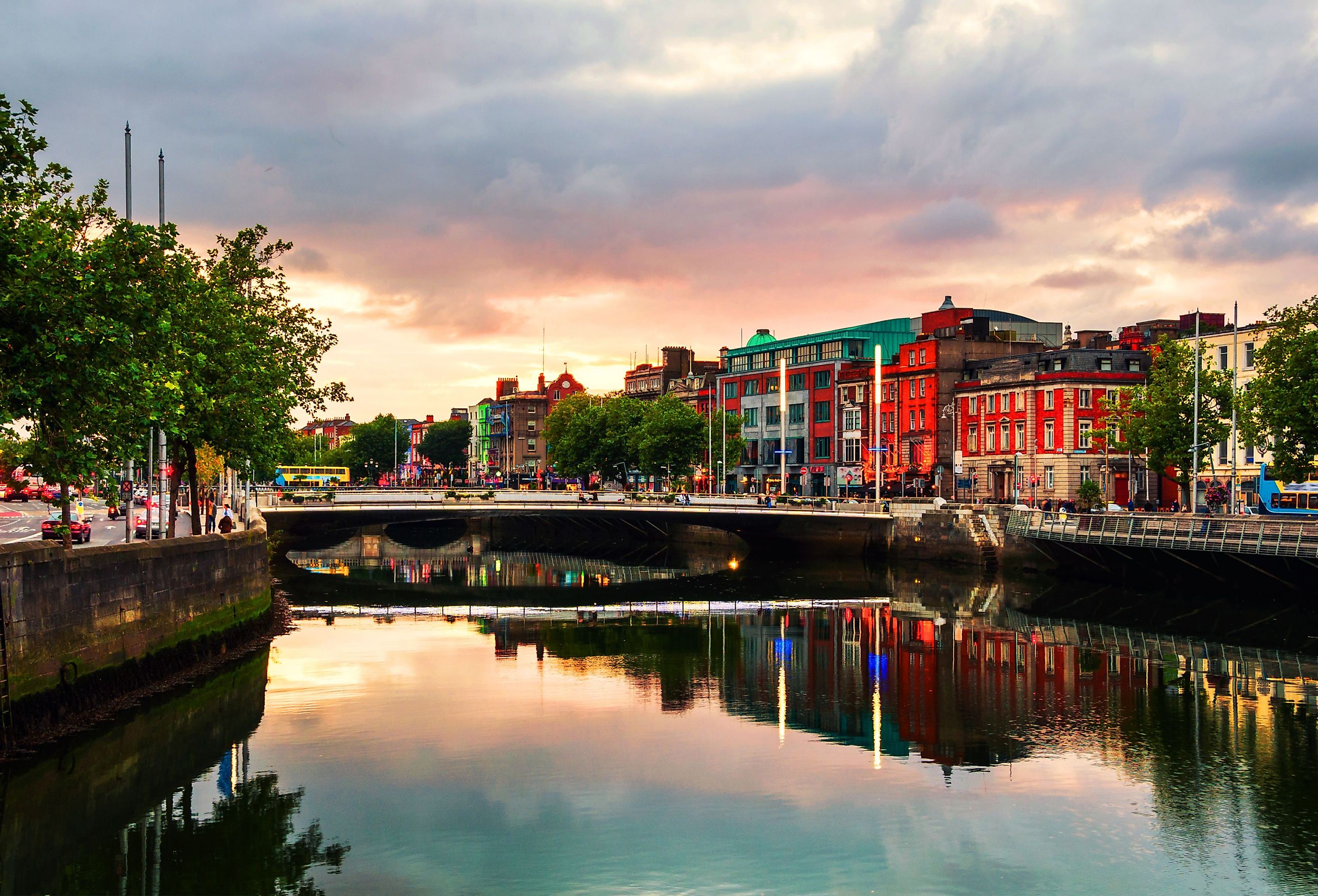
Safest Countries In The World
Iceland is the safest country in the world, according to the latest Global Peace Index (GPI) ranking of 2023. The measurements target societal safety and security, domestic and international conflict, and militarization through 23 specific indicators. Following Iceland are Denmark, Ireland, New Zealand, and Austria, which are the safest countries in the world.
For reference, the lower the score, the safer the country. Currently, the United States of America, with a score of 2.45, is ranked 131 out of 163 total countries in terms of safety, reflecting its militarization, involvement in international conflicts, and high number of jailed persons. However, it is worth noting that exceptions can occur in these annual rankings due to temporary causes of instability.
The 10 Safest Countries In The World
| RANK | REGION | GPI SCORE |
|---|---|---|
| 1 | Iceland | 1.124 |
| 2 | Denmark | 1.31 |
| 3 | Ireland | 1.312 |
| 4 | New Zealand | 1.313 |
| 5 | Austria | 1.316 |
| 6 | Singapore | 1.332 |
| 7 | Portugal | 1.333 |
| 8 | Slovenia | 1.334 |
| 9 | Japan | 1.336 |
| 10 | Switzerland | 1.339 |
Click Here To See: The 50 Safest Countries In The World
1) Iceland - 1.124
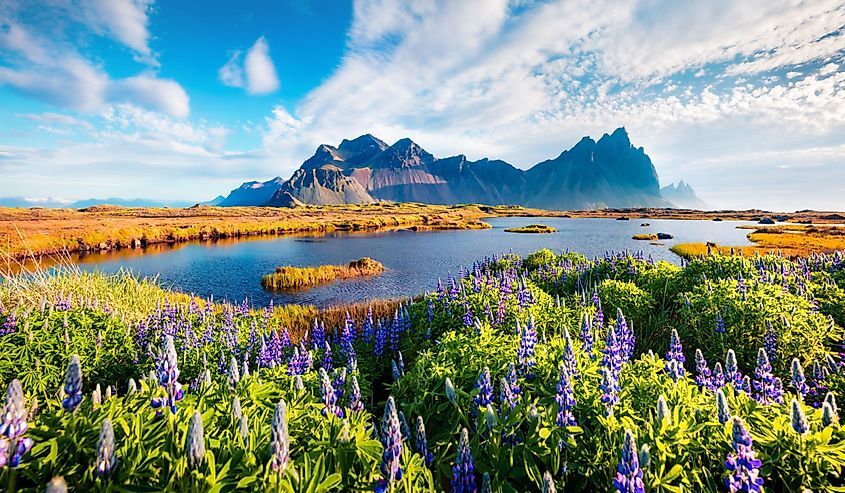
Iceland's status as the world's safest country is attributable to several key factors that collectively create an environment of security and tranquility. To begin with, Iceland boasts a low population of about 394,500 inhabitants, allowing for a close-knit society where community ties are strong. This engenders a sense of belonging and mutual care, reducing the likelihood of conflicts and violent crime.
Secondly, Iceland's political landscape is defined by a high degree of stability, transparency, and democratic governance. The corruption perception index consistently ranks Iceland among the least corrupt countries (#14 in 2023). The strong emphasis on the rule of law, coupled with a well-functioning government, fosters a sense of trust among the citizens and reduces instances of civil unrest or political violence.
Thirdly, the island country benefits from a remarkably low crime rate. The homicide rate in Iceland is one of the lowest globally, with less than one murder per year on average. The country's proactive, community-focused policing, together with effective judicial processes, contribute significantly to this.
Lastly, the country's geographical isolation plays a role in its safety. Iceland's remote location, surrounded by the North Atlantic and Arctic Oceans, limits exposure to external threats and conflicts. In a way, it is a fortress of good company rather than solitude.
2) Denmark - 1.31
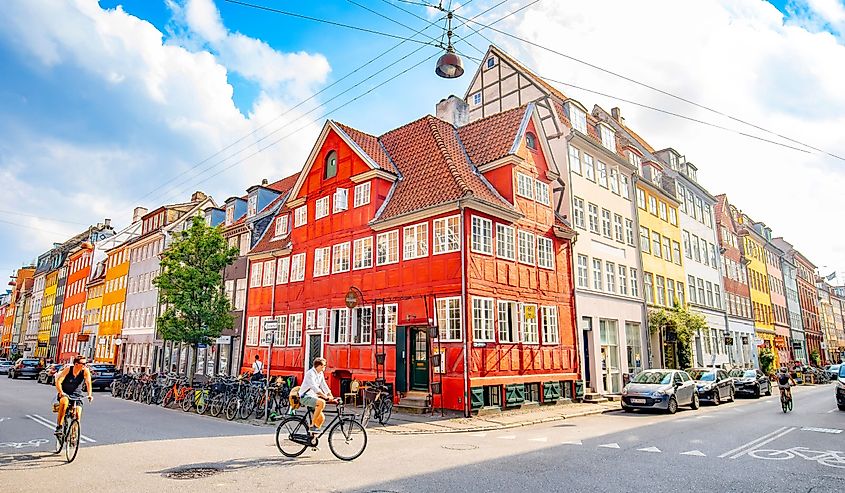
Denmark's penchant for safety is thanks to a handful of factors. Low violent crime rates and an advanced justice system contribute significantly; as of 2023, Denmark had a low homicide rate of 0.95 per 100,000 inhabitants. The country's small population size (approximately 5.98 million) lends itself to less social and economic friction. A well-developed welfare state ensures comprehensive social security, bolstered by one of the world's highest GDP per capita figures (over $66,000 in 2022).
Furthermore, peaceful relations with neighboring countries decrease Denmark's risk of interstate conflicts, while limited involvement in global military operations translates into a low militarization score. Notably, the country also invests significantly in education and healthcare, ranking 2nd globally in social progress in 2022, which invariably influences societal stability. Lastly, high levels of societal trust, reflected by the 2023 World Happiness Report, where Denmark placed 2nd, further underscores its peaceful status.
3) Ireland - 1.312
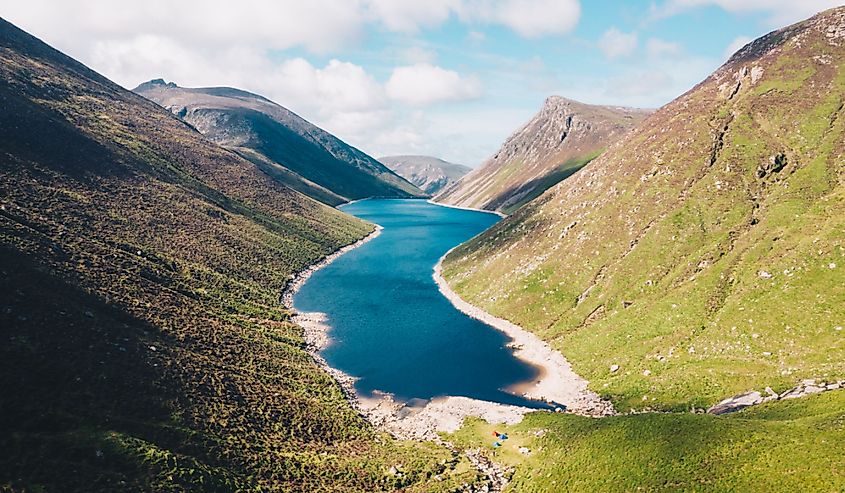
Firstly, Ireland's laudable low crime rates, particularly violent crimes, continually assure its citizens and visitors that they are in good hands. For instance, the country's homicide rate is estimated at less than 1 per 100,000 people annually, significantly below the global average. Moreover, Ireland's stringent gun control laws, yield a firearm possession rate of approximately 5.6 per 100 residents, which contributes significantly to its peaceful atmosphere.
Moreover, the country's positive relationships with other countries further bolster its ranking. According to the Global Terrorism Index, Ireland has an impressively low score, indicating an almost non-existent risk of international or domestic terrorism. Similarly, its involvement in international conflicts is extremely minimal.
4) New Zealand - 1.313
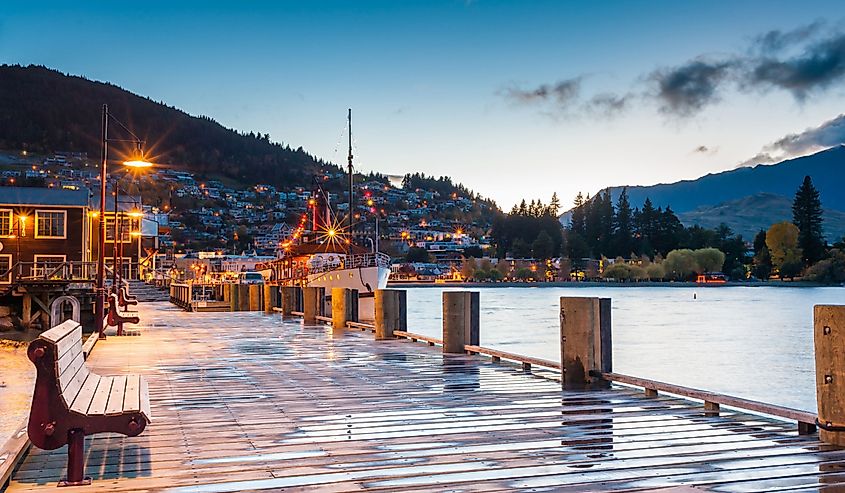
Political stability in New Zealand stems from its mature democratic system, with low levels of corruption, as reflected in Transparency International's Corruption Perception Index, where New Zealand regularly tops the list. The system fosters open dialogue, encourages citizen participation, and like Iceland, upholds the rule of law.
Moreover, the country's low crime rate is notable, with homicide rates significantly lower than the global average. New Zealand's approach to public safety focuses on preventative measures, comprehensive rehabilitation, and a justice system that values restorative practices over punitive ones.
In terms of external peace, New Zealand's isolation and neutrality contribute to its safety. It maintains a non-aggressive foreign policy and does not participate in major global conflicts. Furthermore, the country's well-functioning government is highly capable of managing potential internal and external threats, by maintaining robust disaster response protocols. The country's strong education system, access to healthcare, and the general well-being of its citizens, all recognized by high Human Development Index rankings, underline the comprehensive approach to safety that sets New Zealand apart.
5) Austria - 1.316
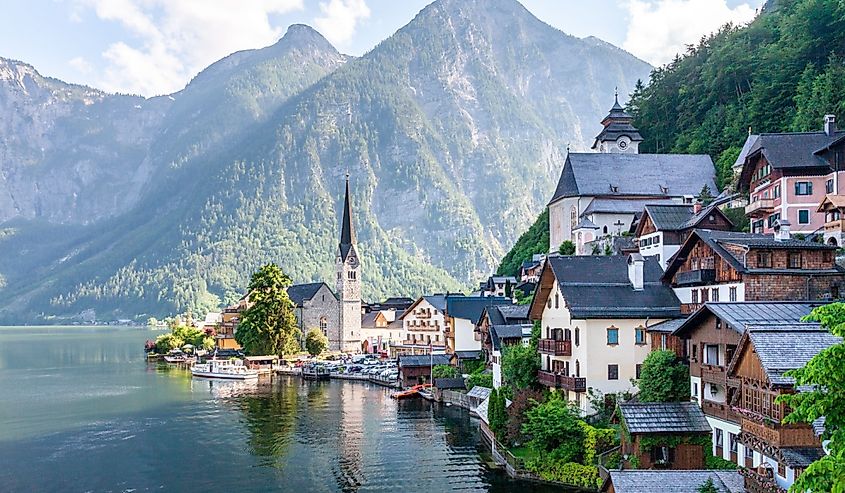
As a member of the European Union, Austria also benefits from regional peace and security mechanisms. The Austrian government's continued emphasis on political stability and democratic governance further contributes, with Freedom House scoring Austria 93/100 for political rights and civil liberties in 2022.
Moreover, military expenditure as a percentage of GDP remains minimal, 0.7% in 2022, in line with Austria's longstanding commitment to non-aggression. Crime rates in Austria, particularly violent crime, are considerably low. In 2022, Austria reported a homicide rate of 0.7 per 100,000 people.
Regarding economic strength, Austria boasts a stable GDP and low unemployment rate, which as of the last quarter of 2022 stood at 7.1%. Ultimately, the cumulative result of these attributes ensures Austria's consistent presence amongst the top 10 safest countries globally.
6) Singapore - 1.332
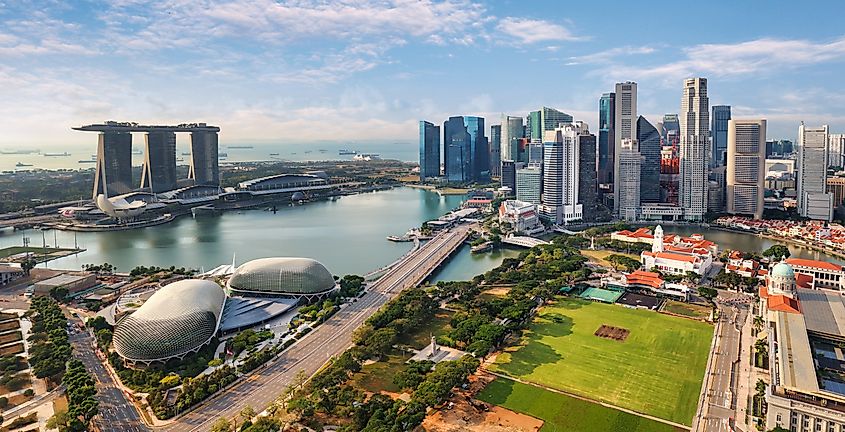
Law and order are the backbone of Singapore's society, and harsh responses exist for crimes that are typically less serious in other countries, such as drug possession.
Culturally, Singaporeans and their long-term guests are expected to develop a respect for the law. The country wields its immense wealth to bolster its policing institutions, as well as general infrastructure, so average citizens are less likely to resort to criminal activity to sustain themselves. Despite penalties like the death sentence being applied to gun and drug-related offenses, Singapore's legal system is praise-worthy for high levels of transparency.
In 2023, the TI-CPI ranked Singapore as the 5th least corrupt country in the world, which means that funding is more likely to go where it is needed, and punishments are less likely to be influenced by status and connection.
7) Portugal - 1.333
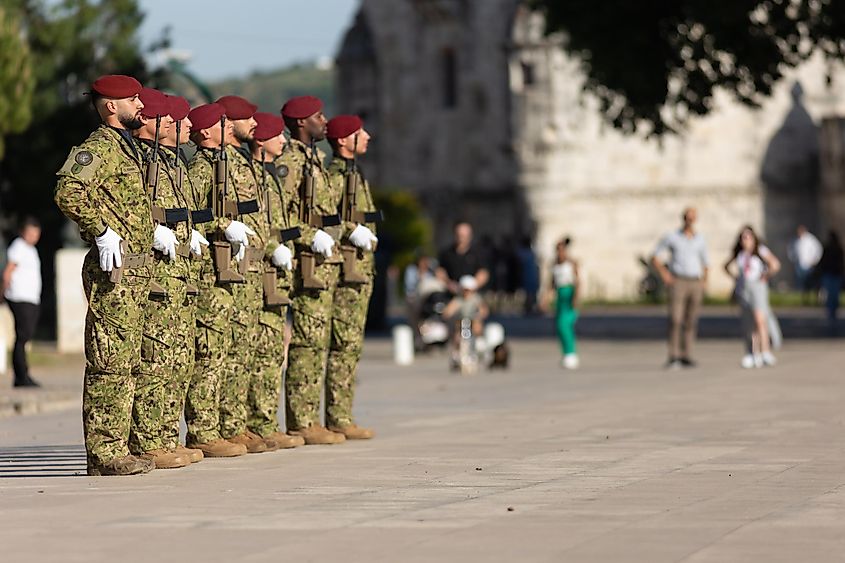
Portugal, a maritime nation in southwestern Europe, is well-regarded for its safety, largely due to low crime rates and stable governance. The government places a significant emphasis on social welfare, which helps create a secure environment for both citizens and visitors alike.
Community policing models are applied, engaging law enforcement officers directly with communities to address concerns and preemptively resolve issues. Portuguese laws also encourage non-violent conflict resolution and have been effective in minimizing violent crimes. The justice system is well-structured and transparent, providing a solid legal framework that adds to the sense of safety.
However, Portugal faces challenges related to drug abuse, even though its drug decriminalization policy has received international acclaim for reducing drug-related deaths.
8) Slovenia - 1.316
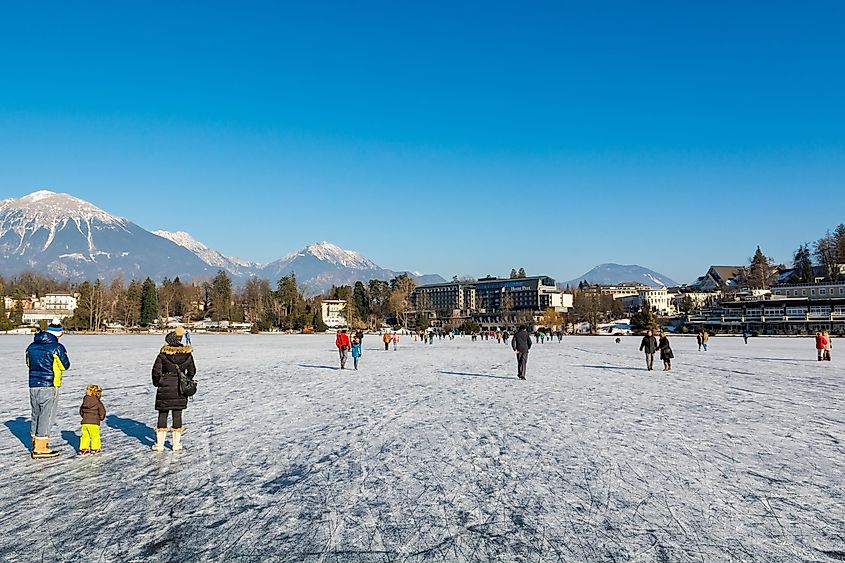
Slovenia is a Central European nation known for its well-preserved natural landscapes and medieval architecture. Among the factors that contribute to its safety is its effective governance, which employs a system of checks and balances that ensures political stability.
The Slovenian government prioritizes investments in education and healthcare, fostering a well-educated and healthy populace that is less prone to engage in criminal activity. Additionally, the nation enjoys strong community bonds; people often look out for each other, which discourages antisocial behaviors.
Although Slovenia is relatively safe, it does face the issue of occasional political protests, which are generally non-violent but can create temporary disruptions.
9) Japan - 1.336
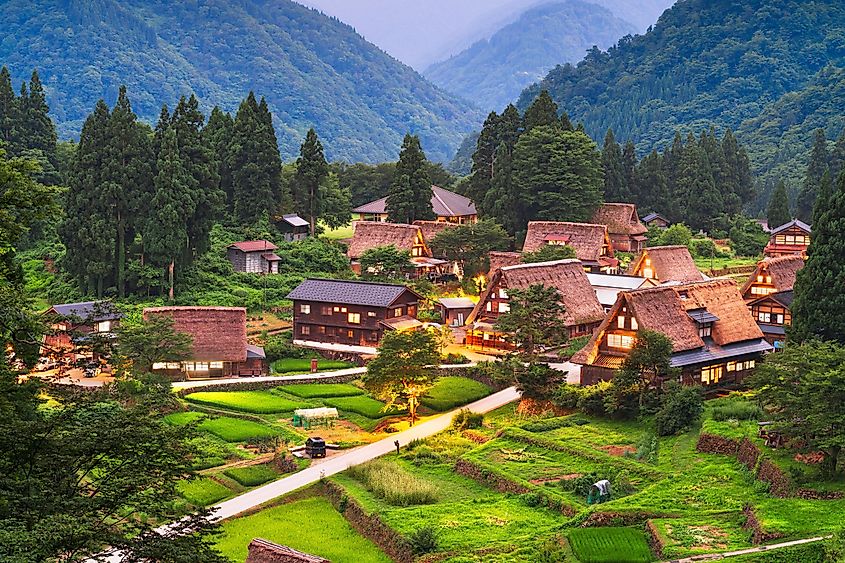
"Kokuminsei" is the Japanese word for 'national-character' and it is a value that prioritizes social harmony. In Japan, individuals are taught to prioritize one's duty to the group rather than personal privilege, which also reinforces support for order and hierarchy. Japan has a self-defense force but no active military as a result of post-WWII agreements.
The country as a whole has an exceptionally low homicide rate, hovering around 0.2 per 100,000 people since 2020. Economically, there is less wealth disparity in Japan than in other Western nations, which cannot be underestimated in terms of social stressors that are the root cause of criminal behavior. Ultimately, Japan has a very high quality of life within thoughtfully designed cities and serene countryside, which is why it has continued to attract expats and immigrants from around the world.
10) Switzerland - 1.339
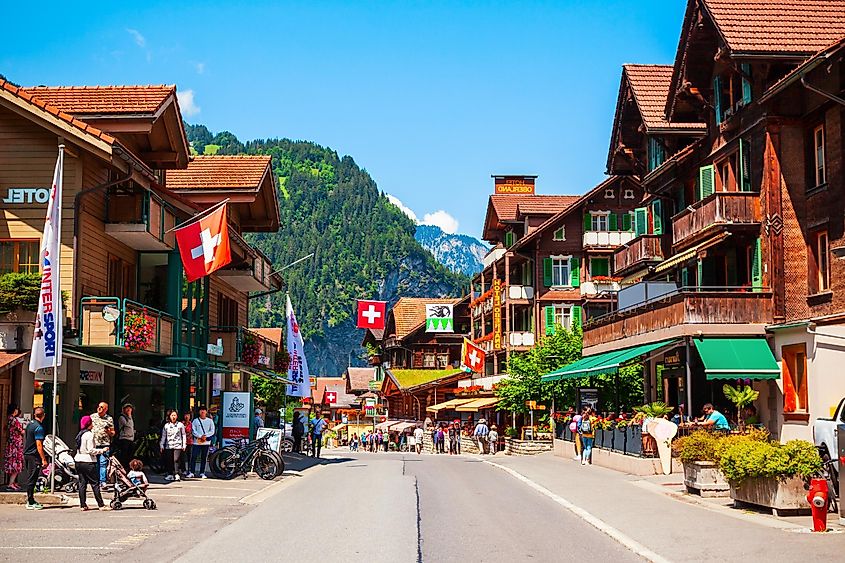
Like many other countries on this list, Switzerland benefits from low crime rates, but the reason why is unique: Switzerland prioritizes rehabilitation, rather than punishment, for offenders in its judicial system. This view of justice is utilitarian and seeks to reintegrate troubled persons back into the social system.
In other countries, stigma and harsh penalties tend to create the conditions for multiple offenses following a first offense. On top of this system, most locals are respectful, and incidences of street harassment are rare. Besides low rates of homicide and violence, it should be noted that petty thievery (bag snatching, pickpocketing) is currently rising in frequency, which travelers need to be aware of.
Last, Switzerland is famous for its centuries-old policy of international neutrality, particularly in times of war, and the country leverages the surrounding mountainous terrain as a powerful factor in its defense and security.
Temporary Instability in Countries That Are Typically Safe
Safety perceptions of countries like Syria and Ukraine are often skewed by temporary instabilities, obscuring their inherent security conditions. The volatility of geopolitical conditions often triggers this distortion. Recent conflicts may enhance international scrutiny and media coverage, leading to perceptions of chronic instability despite these being transient phases in a country's history.
For instance, Syria's safety score in 2023 might be lower because of the civil war that lasted a decade and began to wane around 2022. However, before the conflict, Syria had a higher safety score due to factors such as effective law enforcement, social stability, and a low crime rate. The same applies to Ukraine, which experienced a dip in safety scores following the 2014 annexation of Crimea but had a traditionally stable sense of security beforehand.
Post-conflict, countries usually return to their pre-crisis safety levels, as seen with London after WWII. Hence, conflating temporary instability with a country's overall safety is a common misconception. Future safety predictions should account for a country's historical stability, institutional resilience, and capacity for post-conflict reconstruction.
Final Thoughts
As illustrated through examples like Iceland and Ireland, security and peace are products of diverse factors, ranging from political stability, low crime rates, social cohesion, economic prosperity, and even geographical isolation. Furthermore, the notion of safety is dynamic, subject to alterations by ongoing geopolitical tensions, as the cases of Syria and Ukraine show. Therefore, while assessing a country's safety, it is imperative not to isolate its present circumstances, but to comprehend broader trends in its historical context. However, by setting a high standard, many of these countries prove to the rest of the world that high stability and security are not the fictitious dreams of utopian novelists, but achievable realities here and now.
The 50 Safest Countries In The World
| RANK | REGION | GPI SCORE |
|---|---|---|
| 1 | Iceland | 1.124 |
| 2 | Denmark | 1.31 |
| 3 | Ireland | 1.312 |
| 4 | New Zealand | 1.313 |
| 5 | Austria | 1.316 |
| 6 | Singapore | 1.332 |
| 7 | Portugal | 1.333 |
| 8 | Slovenia | 1.334 |
| 9 | Japan | 1.336 |
| 10 | Switzerland | 1.339 |
| 11 | Canada | 1.35 |
| 12 | Czechia | 1.379 |
| 13 | Finland | 1.399 |
| 14 | Croatia | 1.45 |
| 15 | Germany | 1.456 |
| 16 | Netherlands | 1.49 |
| 17 | Bhutan | 1.496 |
| 18 | Hungary | 1.508 |
| 19 | Malaysia | 1.513 |
| 20 | Belgium | 1.523 |
| 21 | Qatar | 1.524 |
| 22 | Australia | 1.525 |
| 23 | Mauritius | 1.546 |
| 24 | Norway | 1.55 |
| 25 | Estonia | 1.563 |
| 26 | Slovakia | 1.578 |
| 27 | Latvia | 1.582 |
| 28 | Sweden | 1.625 |
| 29 | Poland | 1.634 |
| 30 | Bulgaria | 1.643 |
| 31 | Romania | 1.649 |
| 32 | Spain | 1.649 |
| 33 | Taiwan | 1.649 |
| 34 | Italy | 1.662 |
| 35 | Kuwait | 1.669 |
| 36 | Lithuania | 1.671 |
| 37 | United Kingdom | 1.693 |
| 38 | North Macedonia | 1.713 |
| 39 | Costa Rica | 1.731 |
| 40 | Albania | 1.745 |
| 41 | Vietnam | 1.745 |
| 42 | Botswana | 1.762 |
| 43 | South Korea | 1.763 |
| 44 | Mongolia | 1.765 |
| 45 | Montenegro | 1.772 |
| 46 | Laos | 1.779 |
| 47 | Sierra Leone | 1.792 |
| 48 | Oman | 1.794 |
| 49 | Timor-Leste | 1.796 |
| 50 | Uruguay | 1.798 |






